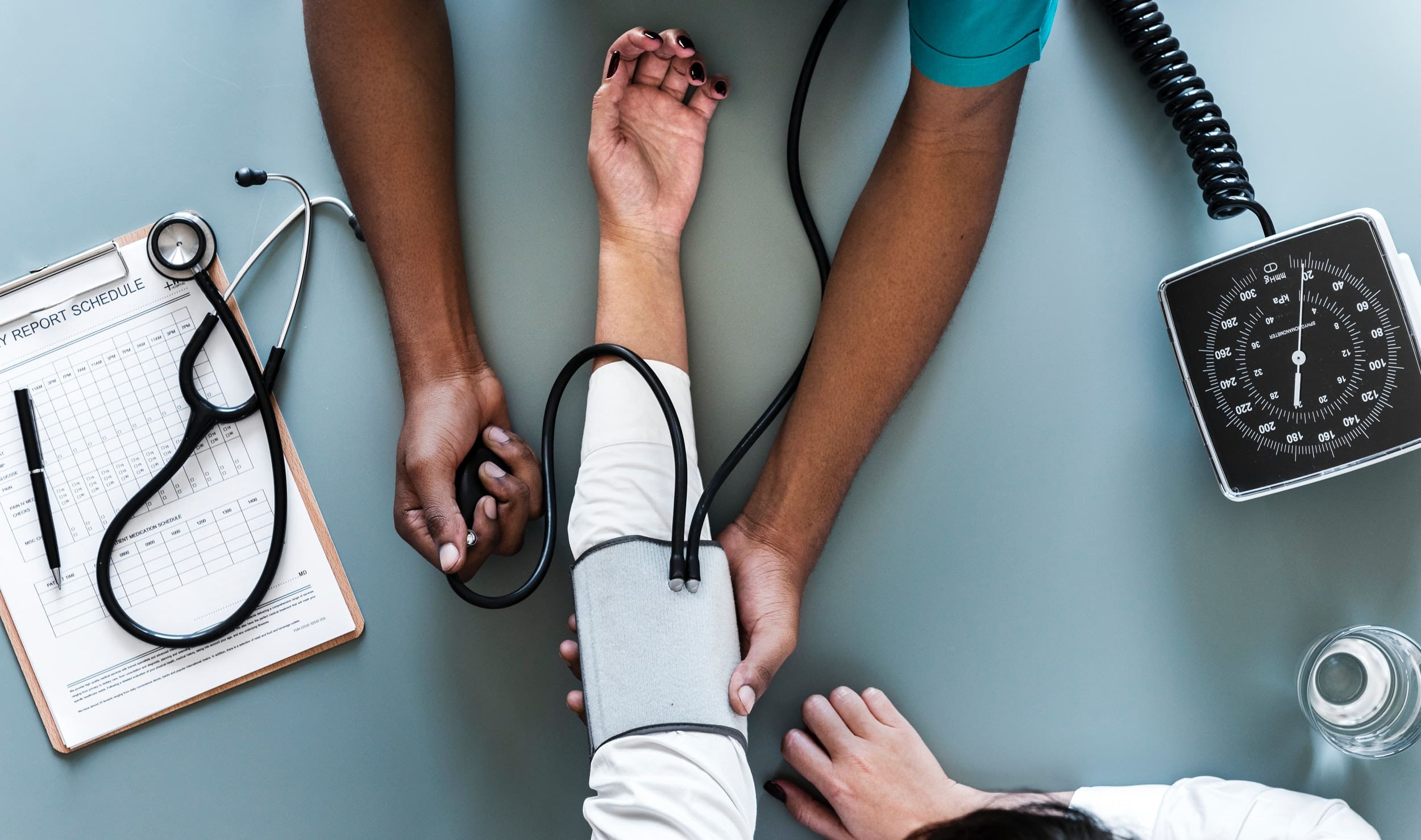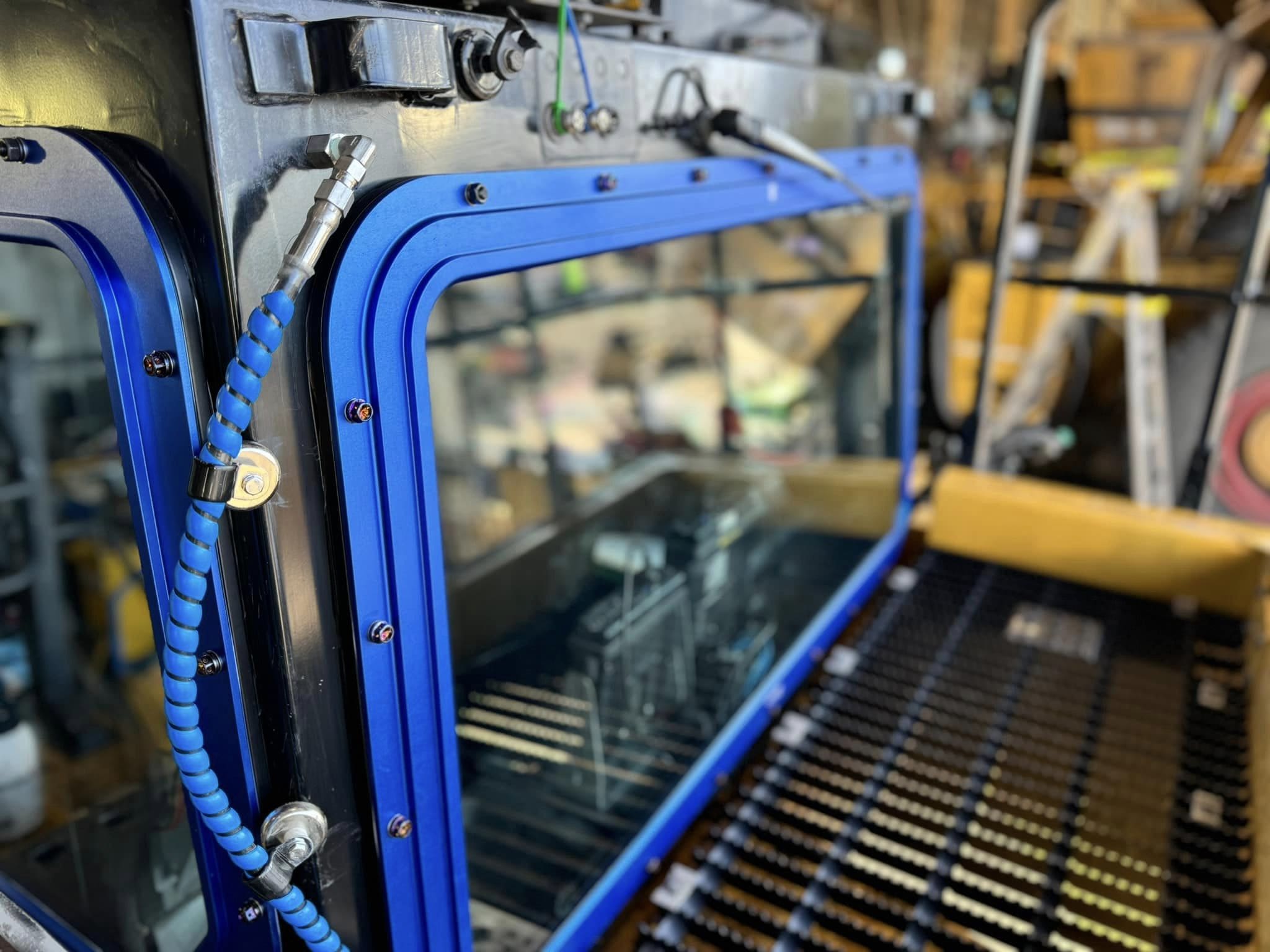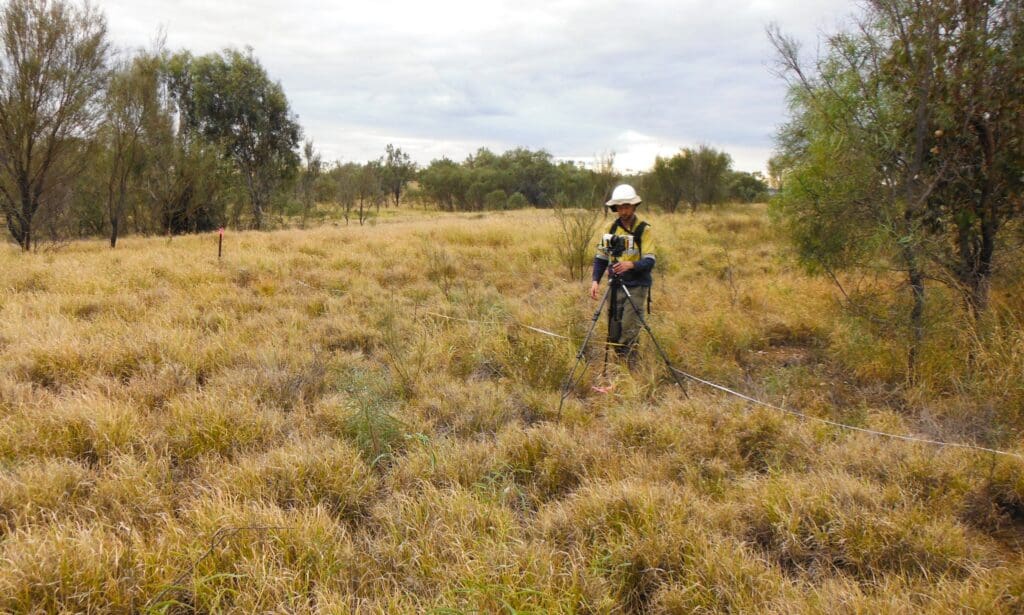High blood pressure is a risk factor for more than heart disease. It can cause many other health conditions, quietly damaging your body for years before symptoms even appear.
High blood pressure, also called hypertension, is a common condition that affects the body’s arteries with around 1 in 3 Australians diagnosed with it. If you have high blood pressure, the force of the blood pushing against the artery walls is consistently too high. In simple terms, the heart must work harder to pump blood.
Blood pressure is measured in millimeters of mercury (mm Hg). In general, hypertension is a blood pressure reading of 130/80 mm Hg or higher.
High blood pressure can lead to many serious health conditions, damaging the heart, arteries, brain, kidneys and even the eyes. Without treatment, high blood pressure can lead to disability, a poor quality of life, or even a deadly heart attack or stroke.
While some people may need medicine to treat high blood pressure there are also plenty of lifestyle changes you can make to prevent or treat high blood pressure.
LOSE WEIGHT
Being a healthy weight is one of the best ways to prevent and treat high blood pressure as blood pressure often increases as weight increases. In general, blood pressure might go down by about 1mm Hg with each kilogram of weight lost.
GET ACTIVE
Exercise helps the heart use oxygen more efficiently, so it doesn’t work as hard to pump blood. Thirty minutes of moderate physical activity every day can lower high blood pressure by about 5 to 8mm Hg.
EAT WELL
Eating a diet rich in whole grains, fruits, vegetables, low-fat dairy products and foods low in saturated fat and cholesterol can lower high blood pressure by up to 11 mm Hg. Cut back on salt too, as even a little less sodium in the diet can improve heart health and blood pressure. Potassium in the diet can also lessen the effects of sodium on blood pressure and top sources of potassium include sweet potatoes, tomatoes, orange juice, potatoes, bananas, peas and dried fruits like prunes and raisins.
STRESS LESS
Long-term stress may play a part in high blood pressure so try some meditation or slow breathing. Make time to relax and stay away from things that elevate your stress levels.
CUT THE BOOZE
Limiting alcohol to less than one drink a day for women or two drinks a day for men can help lower blood pressure by about 4 mm Hg. Drinking too much on the other hand can raise blood pressure by many points. It also can make blood pressure medicines less effective.
DITCH THE DURRIES
Smoking raises blood pressure so when you stop smoking it helps lower blood pressure. It also can lower the risk of heart disease and improve overall health, possibly leading to a longer life.
SLEEP TIGHT
Getting fewer than seven hours of sleep every night for weeks can play a role in high blood pressure so stick to a sleep schedule. Go to bed and wake up at the same time each day and create a restful space that is cool, dark and quiet. Being overweight can also cause disrupted breathing while you sleep, a condition called sleep apnea which further raises blood pressure.
GET CHECKED
As high blood pressure often doesn’t cause any symptoms it is important to have your blood pressure checked at least every two years. Home blood pressure monitors are readily available so you don’t even have to wait for a doctor’s checkup.













